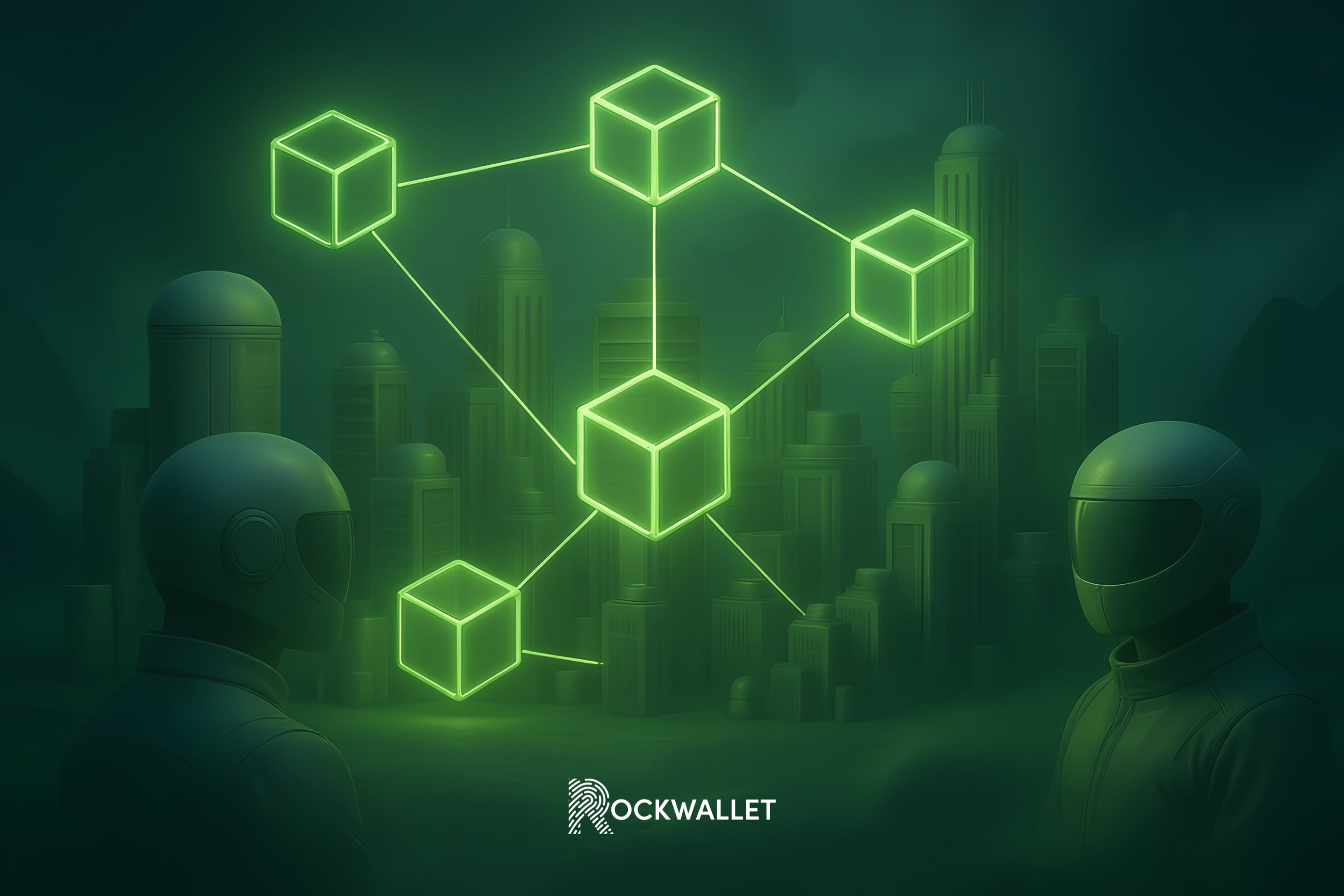
The rise of AI-powered RWAs
UAE, Dubai Leads the Rise of AI-Powered RWAs

UAE, Dubai Leads the Rise of AI-Powered RWAs
Since late 2023, the convergence of artificial intelligence (AI) and real-world assets (RWAs) has emerged as one of the most promising developments in crypto.
RWAs—blockchain-based tokens that represent tangible assets like real estate, commodities, and fine art—are being transformed by AI in ways that make them more secure, scalable, and accessible. Dubai’s latest move signals a new chapter in this evolution.
Earlier this year, the Dubai Land Department launched the region’s first licensed AI-powered tokenized real estate project under the oversight of the city’s Virtual Assets Regulatory Authority (VARA).
This initiative enables fractional ownership of premium assets, including real estate and art, assets that were historically limited to ultra-wealthy individuals or institutional investors. The combination of tokenization and regulatory clarity is now democratizing access and drawing serious capital into the space.

While blockchain ensures transparency and immutability, AI is becoming the intelligence layer that makes RWA systems work efficiently and at scale. Here’s how:
1. Automating asset verification and valuation
AI systems are being deployed to automate complex tasks like property valuations, ownership verification, and legal compliance. This is especially critical in real estate and other high-value markets where due diligence is traditionally slow, manual, and error-prone. AI can analyze massive datasets—legal records, market prices, zoning data—in real time to verify and validate tokenized assets before they hit the chain.
2. Enhancing Compliance and KYC Processes
Trust is non-negotiable in the RWA space. AI strengthens compliance by automating Know Your Customer (KYC) and Anti-Money Laundering (AML) checks. These systems can flag inconsistencies, detect fraud patterns, and continuously monitor user activity—ensuring that tokenized assets remain compliant and secure as they scale.
3. Improving market access and efficiency
AI also supports the onboarding of global investors by simplifying risk assessments, automating documentation, and enabling smart contract interactions. With AI in the loop, what used to take days or weeks—such as issuing asset-backed tokens or settling transactions—can now be done in minutes, with significantly lower operational costs.
Dubai’s launch isn’t just a tech milestone—it’s a policy and infrastructure blueprint. With VARA providing regulatory oversight and AI ensuring operational integrity, Dubai is positioning itself as a hub for compliant, high-performance tokenized assets.
It sets a precedent for how AI and blockchain can be merged responsibly to unlock liquidity in historically illiquid markets. More broadly, as the global RWA market is projected to reach $4–5 trillion by 2030, AI will likely be central to making that scale achievable. It won’t just assist with efficiency—it will be essential to building the trust and infrastructure needed for mass adoption.
The integration of AI into RWAs is streamlining the tokenization process—reducing manual overhead, tightening compliance, and improving data reliability. This makes it easier for institutions and retail investors alike to engage with real-world assets on-chain.
Dubai’s model offers a practical example of how this can work at scale. If replicated, it could accelerate the adoption of tokenized real estate, commodities, and intellectual property in other regulated markets—making these assets more accessible, efficient, and secure to trade.